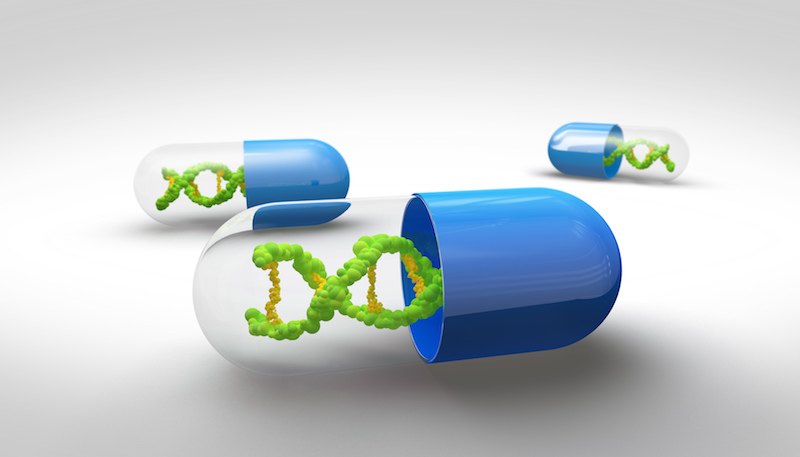Newsletter Signup - Under Article / In Page
"*" indicates required fields
Genenta Science and Amgen have teamed up to develop gene therapies for cancer. The Italian biotech from Milan raised €10M in series A funding last year and is already getting ready for clinical trials.
 Genenta is developing a gene therapy platform for haematopoietic stem cells and wants to bring it to the clinic. Together with the San Raffaele Hospital and Scientific Institute in Milan, it aims to develop gene therapies with low toxicity that target specific tumors. In partnering with Amgen, the Italians expect to benefit from its expertise in oncology and the development of cutting-edge technologies.
Genenta is developing a gene therapy platform for haematopoietic stem cells and wants to bring it to the clinic. Together with the San Raffaele Hospital and Scientific Institute in Milan, it aims to develop gene therapies with low toxicity that target specific tumors. In partnering with Amgen, the Italians expect to benefit from its expertise in oncology and the development of cutting-edge technologies.
The most common problem of antitumoral drug candidates is that they present high toxicity levels. However, Genenta has developed a method of expressing the desired drug in specific tumor-infiltrating lymphocytes only when they’re in the tumor microenvironment. Their gene therapy uses lentivirus vectors to reprogram haematopoietic progenitor cells taken from the own patient’s bone marrow. Genenta has already started preparing for clinical trials by partnering with MolMed: the company will have the exclusive manufacturing right of the product during the trials.

Gene therapy is on the rise, and the first therapies are already out there. In May this year, GSK got FDA approval for Strimvelis, a gene therapy for a rare disease in children. In 2012, UniQure launched Glybera, a therapy for lipoprotein lipase deficiency.
The popularity of gene therapy comes from its promise to cure a disease for life with a one-time treatment. Sweet deal, right? However, this makes it difficult for the companies to get revenue without making the treatments incredibly expensive. Glybera is a perfect example. Let’s hope that new treatments deal with this issue more effectively in the future.
Featured Image: koya979/shutterstock.com
Figure 1: Festa/shutterstock.com






